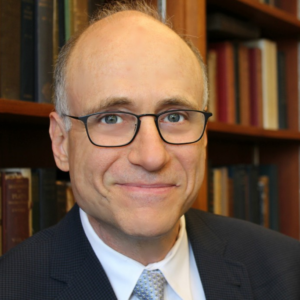Donald P. Green is John W. Burgess Professor of Political Science at Columbia University. Before joining Columbia, he was A. Whitney Griswold Professor of Political Science and Psychology and Director of the Institute for Social and Policy Studies at Yale University. His scholarship covers a broad array of topics, such as campaign finance, party identification, perceptual bias, rational action, public opinion, voter turnout, and prejudice. Dr. Green is also a leading expert on hate crime: in 1994, the National Science Foundation granted him a five-year Young Investigator Award to study hate crime in America, and he subsequently published a series of influential articles in the Journal of Personality and Social Psychology questioning the connection between macroeconomic fluctuations and hate crimes and the American Journal of Sociology showing how hate crimes surge when previously all-white neighborhoods first experience ethnic change.
Much of Dr. Green’s work focuses on public opinion and voting behavior. He is a co-author Partisan Hearts and Minds: Political Parties and the Social Identities of Voters (Yale University Press 2002), a precient book that foresaw the deep partisan divides that shape US politics. He also co-authored Get Out the Vote: How to Increase Voter Turnout, with Alan S. Gerber (Brookings Institution Press 2019), which is now in its fourth edition. With Alan Gerber, Dr. Green transformed the study of voter turnout and political behavior more generally by using randomized field experiments to assess the effectiveness of campaign tactics. Dr. Green has authored two textbooks on social science experiments. With Alan Gerber, he authored Field Experiments: Design, Analysis, and Interpretation. (W.W. Norton, 2012) and has a forthcoming textbook aimed at undergraduates titled Social Science Experiments: A Hands-on Introduction (Cambridge University Press 2022).
Dr. Green’s current work uses field experiments in East Africa to assess the persuasive effects of narrative media – videos or radio dramas – on topics such gender-based violence. Recent publications have shown that some of the narratives have lasting persuasive effects on social atittudes (Green, Donald P., Anna M. Wilke, and Jasper Cooper. 2020. Countering violence against women by encouraging disclosure: A mass media experiment in rural Uganda. Comparative Political Studies 53(14) 2283-2320.).
A summa cum laude graduate of UCLA (1983), he went on to earn a Ph.D. (1988) in political science from the University of California, Berkeley. He was elected Fellow of the American Academy of Arts and Sciences in 2003.

